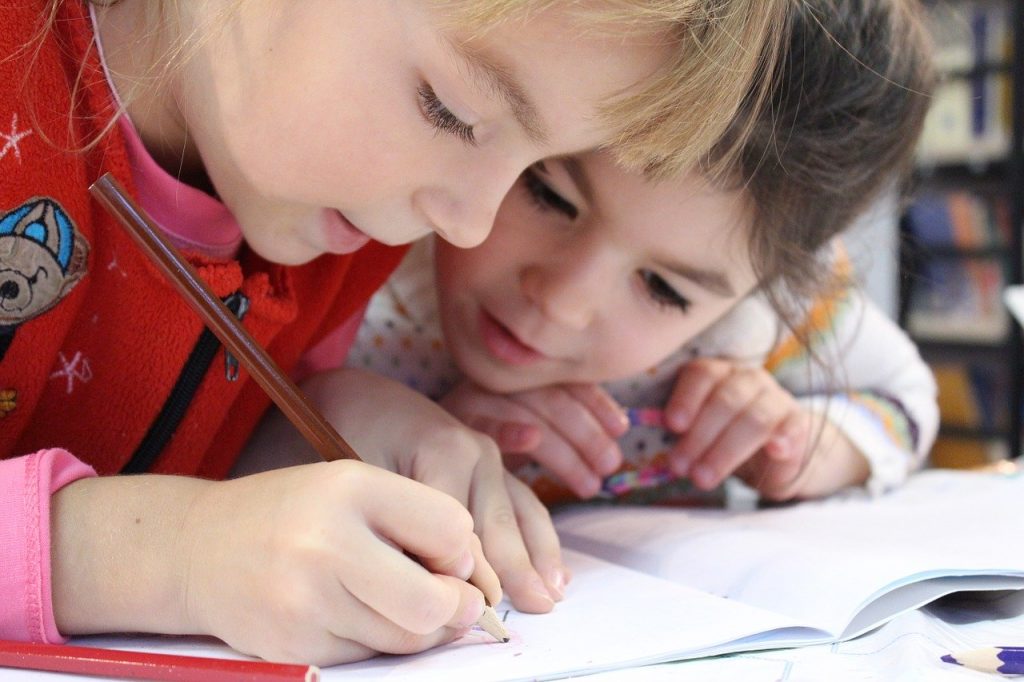WebMD defines misophonia as “a disorder in which certain sounds trigger emotional or physiological responses.” An individual’s reaction to a certain sound may seem unreasonable, but it’s a real condition in which hundreds of patients live with. Individuals suffering from misophonia can experience a range of emotions when triggered, including anger, anxiety, and discomfort. Misophonia is also referred to as selective sound sensitivity syndrome.
Many children report symptoms of misophonia between the ages of nine and 13. The onset of misophonia often occurs quickly but does not arise because of a single event. With that in mind, here’s an overview of how children develop misophonia.
How does misophonia start?
According to the Misophonia Institute, children often develop misophonia through “conditioning.” Conditioning involves the development of a reflex reaction to a specific stimulus. For example, children suffering from anxiety may be conditioned to feel anxiety when they hear chewing.
Conditioning is an “automatic human process,” and there is no way to make a child react or not react to a specific stimulus. Conditioning pairs an emotional or physiological reaction to a stimulus.
How is misophonia diagnosed?
To diagnose misophonia, a doctor will perform an exam to check whether your child’s ears and hearing are normal. Since doctors aren’t sure what causes misophonia, the disorder is sometimes mistaken for generalized anxiety disorder, bipolar disorder, or obsessive-compulsive disorder. Due to a lack of awareness, accurate diagnosis has become difficult.
Misophonia can arise on its own or can appear with other developmental and psychiatric problems. If no other problems are present, your doctor may refer your child to a psychiatrist for further evaluation.
Is misophonia caused by genetics?
Psychologists often agree that both genetics and the environment cause misophonia. Genetics is the primary cause of sensory processing disorder, a disorder in which the brain faces difficulty receiving and processing sensory information. However, home experience often plays an important role in the development of misophonia.
Because misophonia does not switch on at a specific age, it cannot be considered solely a genetic condition. Some individuals with misophonia do not report symptoms until adulthood.
What should parents do?
For parents, handling a child with misophonia can be challenging. It may seem like your child is behaving badly and that they should be able to ignore the sound. Parents should keep in mind that misophonia can place a child under great discomfort or distress. Children do not react negatively to a sound by choice. Instead, their reaction to a triggering stimulus is involuntary.
If left ignored, the symptoms of misophonia can grow more prominent. Untreated misophonia can lead to more trigger sounds and visual triggers. As more triggers develop, misophonia can create social anxiety at school and even around friends and family. Untreated misophonia can significantly influence your child’s life.
Is misophonia treatable?
Fortunately, there are multiple treatment options for children with misophonia. Although no single treatment option is successful for every child, some options can significantly reduce the impact of misophonia on your child’s life.
Tinnitus retraining therapy (TRT) involves teaching individuals with misophonia how to tolerate trigger sounds. TRT combines sound therapy with counseling, and children learn to create positive associations with trigger sounds. Psychologists often use cognitive behavior therapy with TRT to pair trigger sounds with positive experiences.
Lifestyle changes can also reduce the effects of misophonia. Regular exercise, a healthy diet, a regular sleep schedule, and sound protection can make it easier for your child to function in daily life. Misophonia support groups, family counseling, and residential facilities for troubled youth can further help your child live a normal life with misophonia.
Although misophonia can affect daily life, following these treatment options can significantly reduce the effects of misophonia. Ultimately, paying close attention to your child’s reactions to potential trigger sounds can help you determine whether they may have misophonia.









